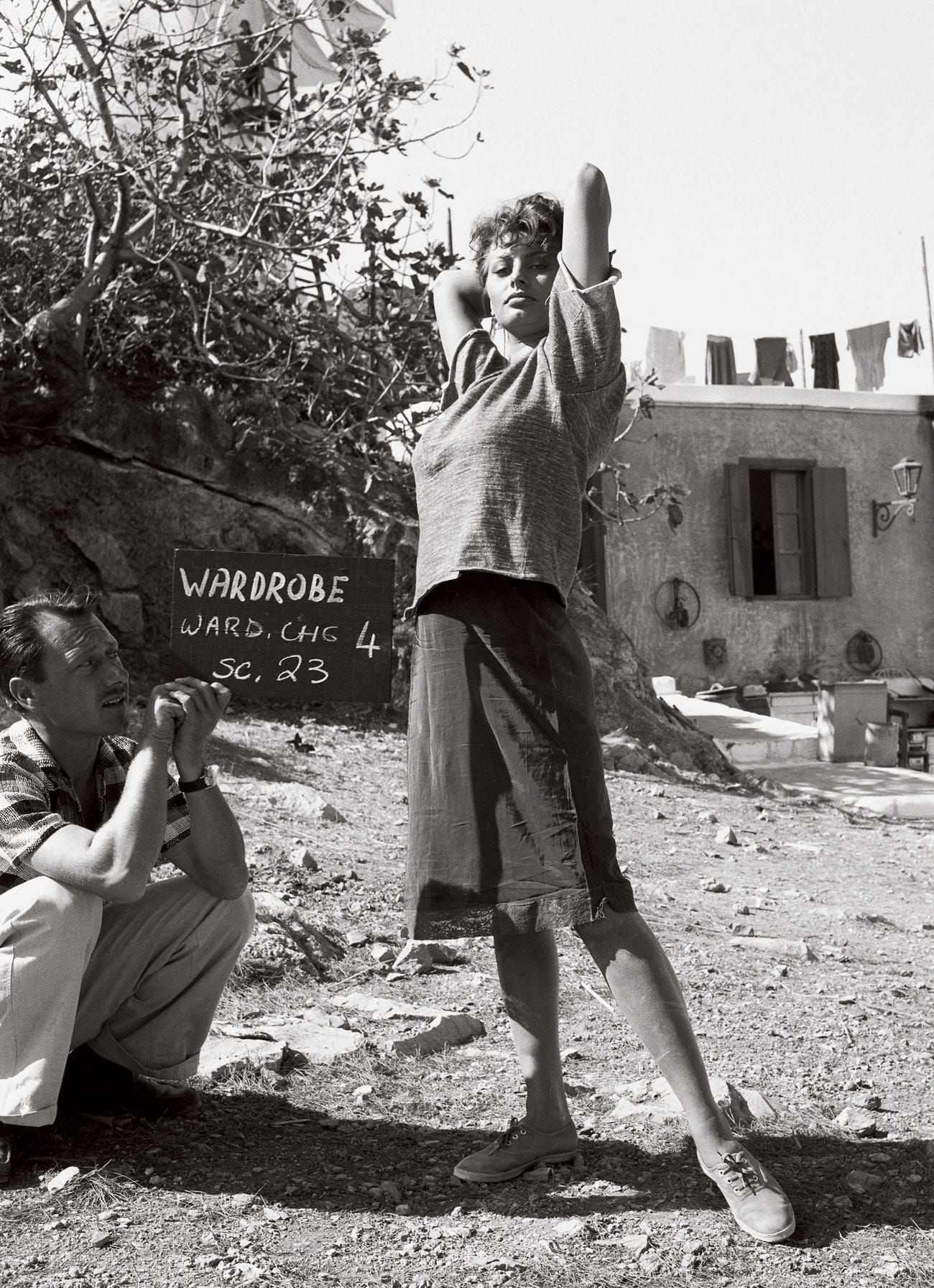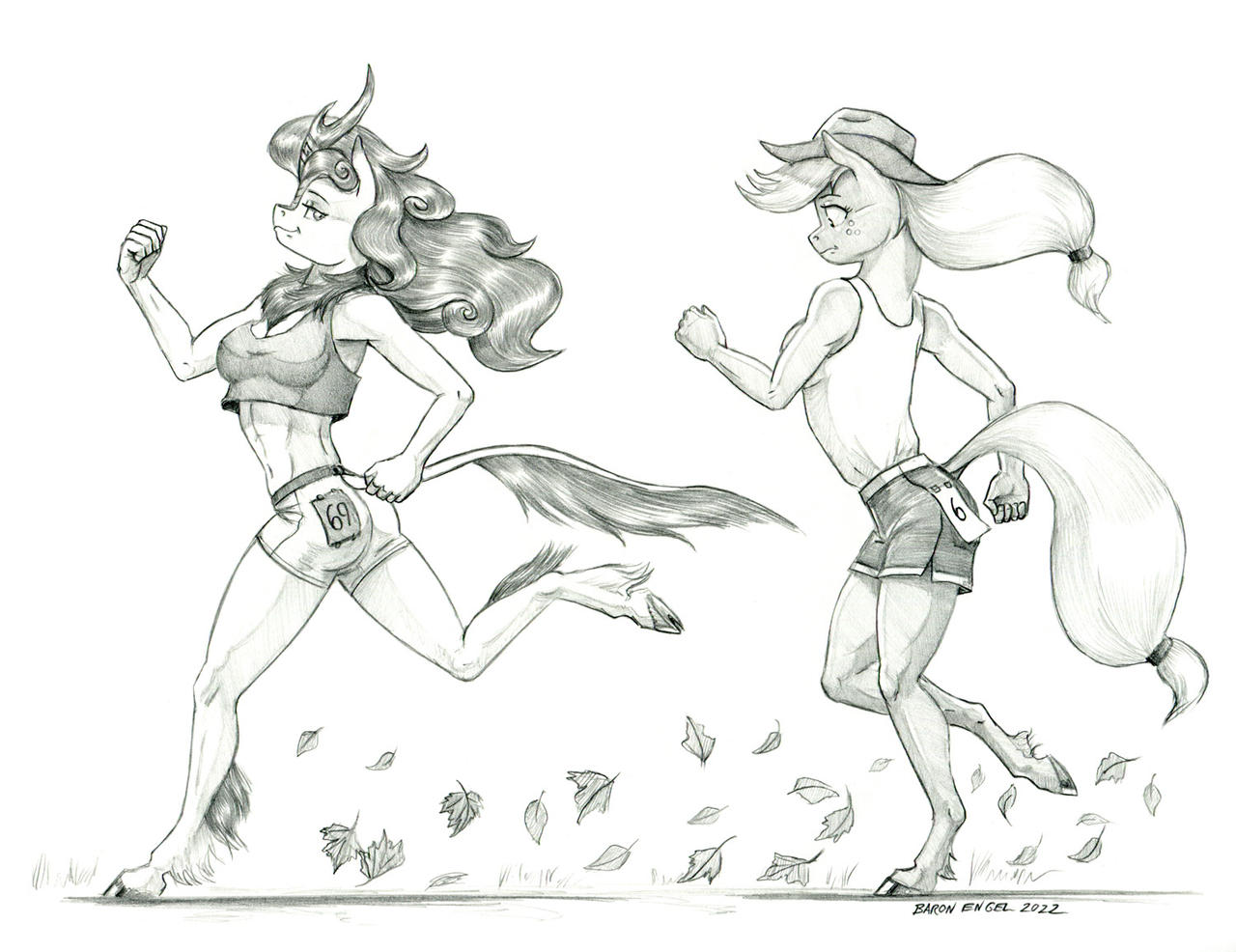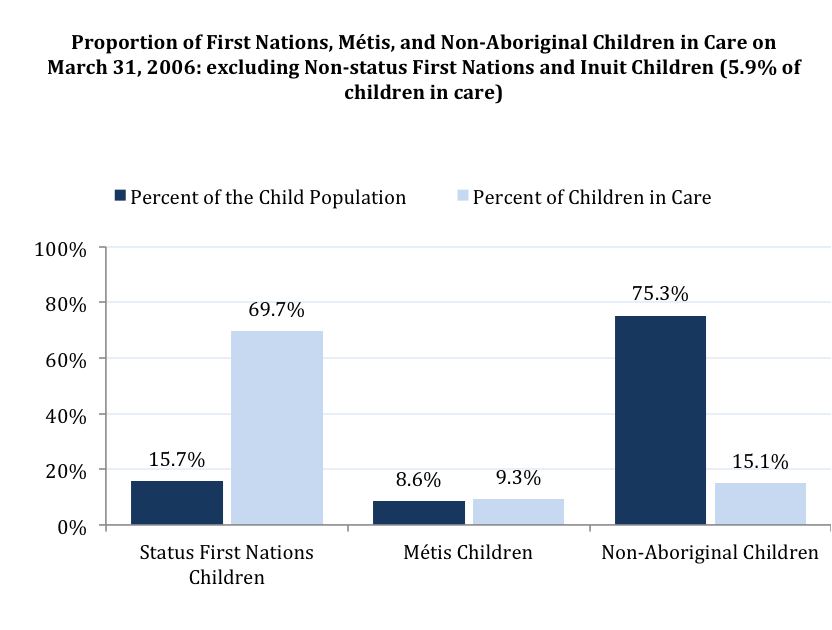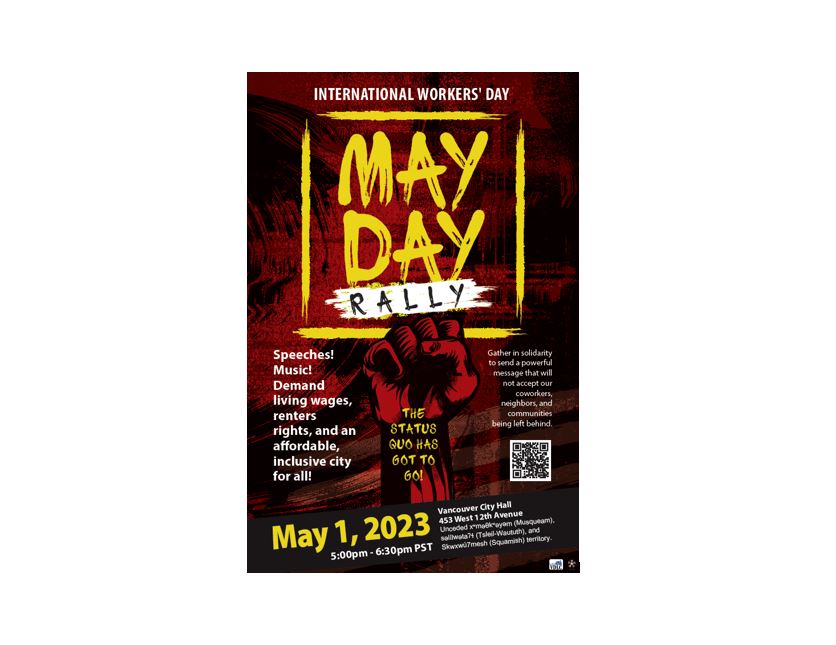Celebrating A Hollywood Golden Age Film Critic: A Rediscovery

Table of Contents
The Context of the Hollywood Golden Age and its Critics
The Golden Age of Hollywood, roughly spanning the 1930s to the 1960s, was a period of unprecedented cinematic innovation and cultural influence. Studio systems reigned supreme, churning out a steady stream of genres—from lavish musicals and sweeping epics to gritty crime dramas and screwball comedies. This era witnessed the rise of iconic stars like Humphrey Bogart, Marilyn Monroe, and Clark Gable, whose personas became inextricably linked to the films they graced.
Film critics during this period played a crucial role in shaping public opinion and influencing the trajectory of Hollywood itself. Their reviews, published in influential newspapers and magazines, could make or break a film. While names like Bosley Crowther (known for his often conservative views) and the later Pauline Kael (renowned for her sharp wit and insightful social commentary) are familiar, many other equally insightful voices remain largely unstudied.
- Key characteristics of Golden Age Hollywood films: High production values, a focus on narrative clarity, the development of distinct genres, and the rise of the star system.
- The impact of studio systems on film criticism: Critics often navigated complex relationships with the powerful studios, sometimes facing pressure to write favorable reviews.
- The evolution of film criticism as a profession: Film criticism gradually evolved from mere reporting to a more sophisticated form of cultural analysis.
- Differences between contemporary and Golden Age film criticism: Contemporary film criticism often incorporates diverse theoretical perspectives, while Golden Age criticism tended to be more descriptive and focused on narrative elements.
James Agee's Unique Perspective and Writing Style
James Agee (1909-1955) stands out as a uniquely perceptive and insightful Hollywood Golden Age film critic. A writer and poet with a keen eye for detail and a profound understanding of human nature, Agee approached film criticism with a literary sensibility rarely seen in his contemporaries. His background in literature and his deep empathy informed his critical approach, moving beyond simple plot summaries to explore the deeper social and psychological dimensions of the films he reviewed.
Agee's writing style is characterized by its lyrical prose, evocative imagery, and insightful observations. He avoided the dry, formal tone prevalent in much film criticism of the time, opting instead for a more personal and engaging style that blended critical analysis with poetic reflection. His reviews often read like short stories, capturing the essence of the film while simultaneously offering broader reflections on American culture and society.
- Examples of his most insightful reviews: His reviews of The African Queen and Bicycle Thieves showcase his ability to connect seemingly disparate cinematic works to larger cultural narratives.
- Analysis of his recurring themes and critical biases: Agee consistently championed films that explored themes of social justice, human dignity, and the complexities of human relationships.
- Quotations showcasing his unique voice and perspective: "It is not the great stories that matter, but the great telling of a little story." This encapsulates Agee's approach, prioritizing the artistic merit of the filmmaking itself.
- Comparison with other contemporary critics: Unlike many of his peers who focused solely on technical aspects, Agee brought a humanist perspective to his analyses.
James Agee's Lasting Impact on Film Criticism and Appreciation
Agee's influence on subsequent generations of film critics and scholars is undeniable. His insightful and evocative writing continues to inspire, challenging readers to view cinema not merely as entertainment, but as a powerful medium for social and artistic expression. His perceptive analyses of classic Hollywood films enriched the critical discourse surrounding these works, adding layers of meaning and significance often missed by other critics.
While not always immediately embraced, Agee's work has undergone a significant reevaluation in recent years. His unique perspective, sensitive to both technical details and the nuances of human experience, resonates powerfully with contemporary audiences and scholars. This rediscovery highlights the enduring value of his critical contributions to our understanding of the Golden Age of Hollywood and film criticism in general.
- Examples of contemporary film critics referencing his work: Many contemporary film scholars cite Agee's writings as formative influences on their own critical practice.
- Academic papers or books that cite his writings: Agee’s work appears frequently in scholarly books and articles on film history and criticism.
- Modern re-evaluations of his critical assessments: His reviews have been revisited and reassessed in light of current critical theory, revealing their continued relevance.
- The impact of his work on the way we understand Golden Age Hollywood cinema: Agee's work challenges viewers to move beyond mere plot summary and consider the social and cultural contexts of the films.
Where to Find James Agee's Work and Further Reading
While some of Agee's film criticism may be scattered across various archives, his collected works are available for readers to explore. His writings provide invaluable insights into both the artistry and social significance of the films he reviewed.
- Specific website links or databases: Libraries and online archives often contain digitized versions of his reviews.
- Bibliographic details of key publications: Agee on Film, a collection of his essays, is a great starting point.
- Links to relevant biographical information: Biographical information on James Agee is readily available online and in libraries.
- Suggestions for exploring related topics: Researching the films he reviewed alongside his critical analysis will enrich the reader's understanding.
Conclusion:
James Agee's rediscovery as a significant Hollywood Golden Age film critic offers a valuable opportunity to reassess the critical landscape of that era. His unique perspective, blending literary sensibility with insightful social commentary, adds depth and nuance to our understanding of classic Hollywood cinema. His work transcends simple plot summaries, prompting deeper reflection on the films' cultural and historical contexts. Dive deeper into the world of Hollywood Golden Age film criticism and rediscover the insightful perspectives of James Agee. His work offers a unique lens through which to appreciate the enduring legacy of classic Hollywood cinema. Engage with his insightful reviews and contribute to a richer understanding of this pivotal moment in cinematic history.

Featured Posts
-
 The Dark Side Of French Open Spectators Abuse And Distraction Tactics Against Visiting Players
May 30, 2025
The Dark Side Of French Open Spectators Abuse And Distraction Tactics Against Visiting Players
May 30, 2025 -
 Anderlecht Og Gode Tilbud En Vanskelig Beslutning
May 30, 2025
Anderlecht Og Gode Tilbud En Vanskelig Beslutning
May 30, 2025 -
 Manitoba Cfs Intervention Rates A Study Of First Nations Families 1998 2019
May 30, 2025
Manitoba Cfs Intervention Rates A Study Of First Nations Families 1998 2019
May 30, 2025 -
 Monte Carlo Masters Alcaraz Wins Sixth Masters 1000 Title Overcomes Musetti
May 30, 2025
Monte Carlo Masters Alcaraz Wins Sixth Masters 1000 Title Overcomes Musetti
May 30, 2025 -
 Tracking San Diegos Rain Current Totals On Cbs 8 Com
May 30, 2025
Tracking San Diegos Rain Current Totals On Cbs 8 Com
May 30, 2025
Latest Posts
-
 Munichs Bmw Open 2025 Zverev Battles Griekspoor In Quarter Finals
May 31, 2025
Munichs Bmw Open 2025 Zverev Battles Griekspoor In Quarter Finals
May 31, 2025 -
 May Day Rally In Kingston Images Show Strength And Solidarity Daily Freeman
May 31, 2025
May Day Rally In Kingston Images Show Strength And Solidarity Daily Freeman
May 31, 2025 -
 Bmw Open 2025 Zverev Griekspoor Quarter Final Showdown In Munich
May 31, 2025
Bmw Open 2025 Zverev Griekspoor Quarter Final Showdown In Munich
May 31, 2025 -
 Indian Wells Surprise Zverevs First Match Exit And His Honest Assessment
May 31, 2025
Indian Wells Surprise Zverevs First Match Exit And His Honest Assessment
May 31, 2025 -
 Trump Administration Loses Key Advisor Elon Musks Resignation Explained
May 31, 2025
Trump Administration Loses Key Advisor Elon Musks Resignation Explained
May 31, 2025
